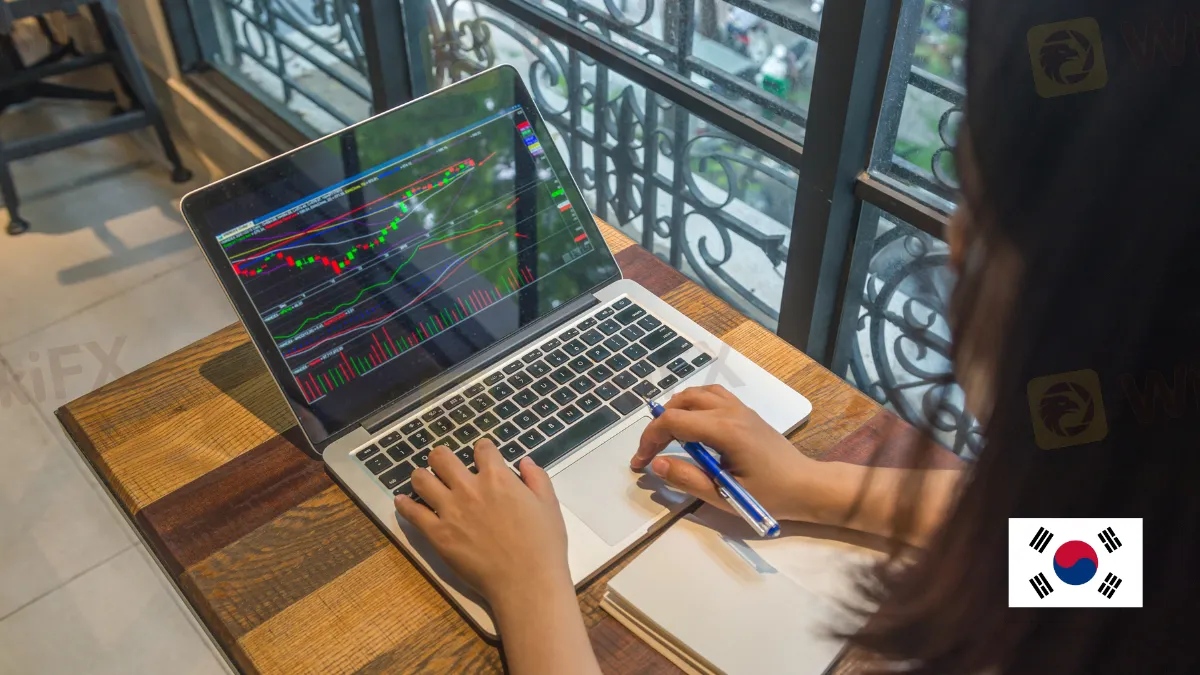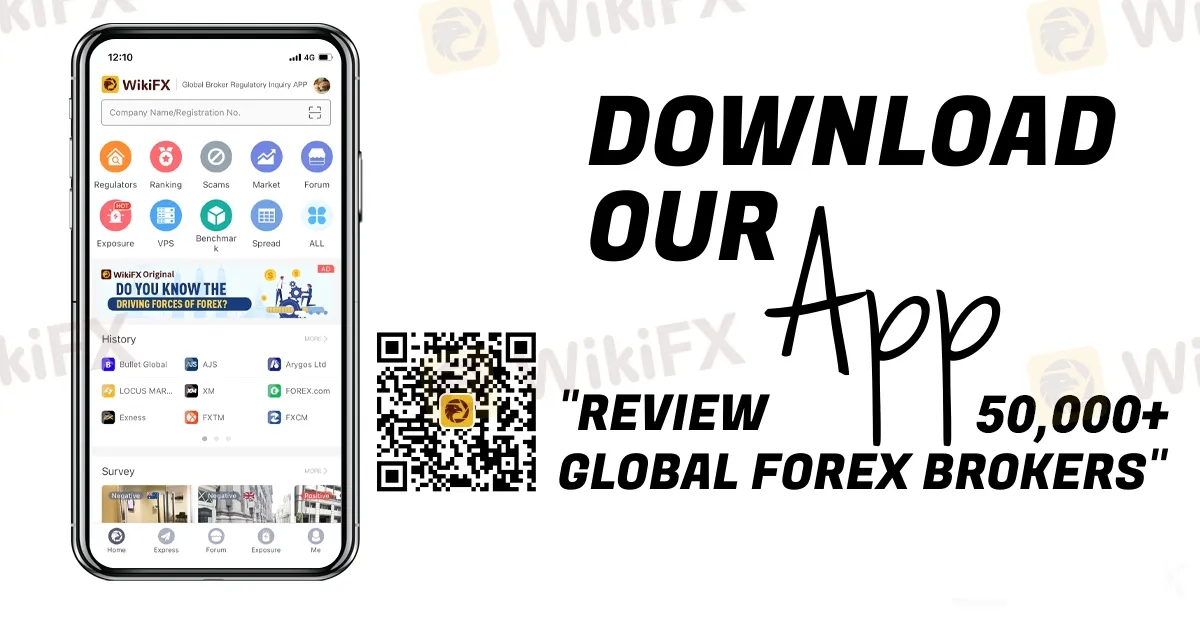简体中文
繁體中文
English
Pусский
日本語
ภาษาไทย
Tiếng Việt
Bahasa Indonesia
Español
हिन्दी
Filippiiniläinen
Français
Deutsch
Português
Türkçe
한국어
العربية
South Korea Extends Forex Trading Hours in Soft Launch
Abstract:South Korea is extending won-dollar forex trading hours from 9 a.m. to 2 a.m. to enhance traceability and attract global investors, maintaining stability and ample liquidity.

South Korea's extended forex trading hours for won-dollar transactions started successfully on Monday, according to the country's financial regulators. The move intends to increase the currency's trading availability and attract worldwide investors by expanding trading hours from 9 a.m. to 2 a.m., up from 9 a.m. to 3:30 p.m. before.
Choi Sang-mok, Deputy Prime Minister and Minister of Economy and Finance, paid a visit to KEB Hana Bank's headquarters in Seoul on Monday night, together with Bank of Korea Deputy Governor Ryoo Sang-dai. They examined the first day's trade under the revised timetable.
Choi noted that this structural change would connect Korea's forex market with global norms, increasing its openness and competitiveness. He emphasized that the government will continue to help local banks to ensure that these reforms occur smoothly.
Ryoo emphasized the role of domestic financial institutions in ensuring market stability throughout these changes. He emphasized that the government would continuously watch market patterns to guarantee stability.

Total spot trading volume for the first day of extended hours was $12.57 billion, with $2.46 billion transacted between 3:30 p.m. Monday and 2 a.m. Tuesday. According to the Bank of Korea, the average hourly trading volume from 9 a.m. to 3:30 p.m. was $1.56 billion, while the amount from 3:30 p.m. to 2 a.m. was $230 million.
Although trading volume declined dramatically during the extended hours, regulators highlighted that this trend is similar to other foreign currencies, which typically have lower volumes at night. Despite fears about heightened volatility, the market remained liquid and had a tight bid-ask spread.
The expanded trading hours are part of a larger effort to improve Korea's forex market and make it more accessible to international investors. This approach is also likely to enhance the long-term pricing differential between onshore and offshore exchange rates.
Kwan Ah-min, an analyst at NH Investment & Securities, said that better market access may attract more money, particularly in light of Korea's anticipated participation in the FTSE World Government Bond Index in September. This inclusion is part of the government's reform initiatives, with increased hours playing a crucial role.
Korea and India are now the only two nations in the world's top ten economies by nominal GDP that do not appear in this major bond index.
By 5 p.m. Monday, the Korean won had dropped 4.3 won to 1,388.8 per dollar.
Stay updated with the latest in the forex market! Get daily insights and news here.

Disclaimer:
The views in this article only represent the author's personal views, and do not constitute investment advice on this platform. This platform does not guarantee the accuracy, completeness and timeliness of the information in the article, and will not be liable for any loss caused by the use of or reliance on the information in the article.
Read more

Doo Financial Expands Regulatory Reach with Offshore Licenses in BVI and Cayman Islands
According to the report, Doo Group, a prominent Singapore-based online brokerage firm, has strengthened its global presence by securing new offshore licenses for its brokerage brand, Doo Financial. The company recently announced that entities under the Doo Financial umbrella have been granted licenses by two key offshore regulatory bodies: the British Virgin Islands Financial Services Commission (BVI FSC) and the Cayman Islands Monetary Authority (CIMA).

The Hidden Checklist: Five Unconventional Steps to Vet Your Broker
Forex broker scams continue to evolve, employing new tactics to appear credible and mislead unsuspecting traders. Identifying these fraudulent schemes requires vigilance and strategies beyond the usual advice. Here are five effective methods to help traders assess the legitimacy of a forex broker and avoid potential pitfalls.

Doo Financial Obtains Licenses in BVI and Cayman Islands
Doo Financial, a subsidiary of Singapore-based Doo Group, has expanded its regulatory footprint by securing new offshore licenses from the British Virgin Islands Financial Services Commission (BVI FSC) and the Cayman Islands Monetary Authority (CIMA).

CFI’s New Initiative Aims to Promote Transparency in Trading
A new programme has been launched by CFI to address the growing need for transparency and awareness in online trading. Named “Trading Transparency+: Empowering Awareness and Clarity in Trading,” the initiative seeks to combat misinformation and equip individuals with resources to evaluate whether trading aligns with their financial goals and circumstances.
WikiFX Broker
Latest News
ASIC Sues Binance Australia Derivatives for Misclassifying Retail Clients
AIMS Broker Review
The Hidden Checklist: Five Unconventional Steps to Vet Your Broker
WikiFX Review: Is FxPro Reliable?
Malaysian-Thai Fraud Syndicate Dismantled, Millions in Losses Reported
Trading frauds topped the list of scams in India- Report Reveals
YAMARKETS' Jingle Bells Christmas Offer!
Doo Financial Expands Regulatory Reach with Offshore Licenses in BVI and Cayman Islands
Why is there so much exposure against PrimeX Capital?
Russia to Fully Ban Crypto Mining in 10 Regions Starting January 1, 2025
Currency Calculator


